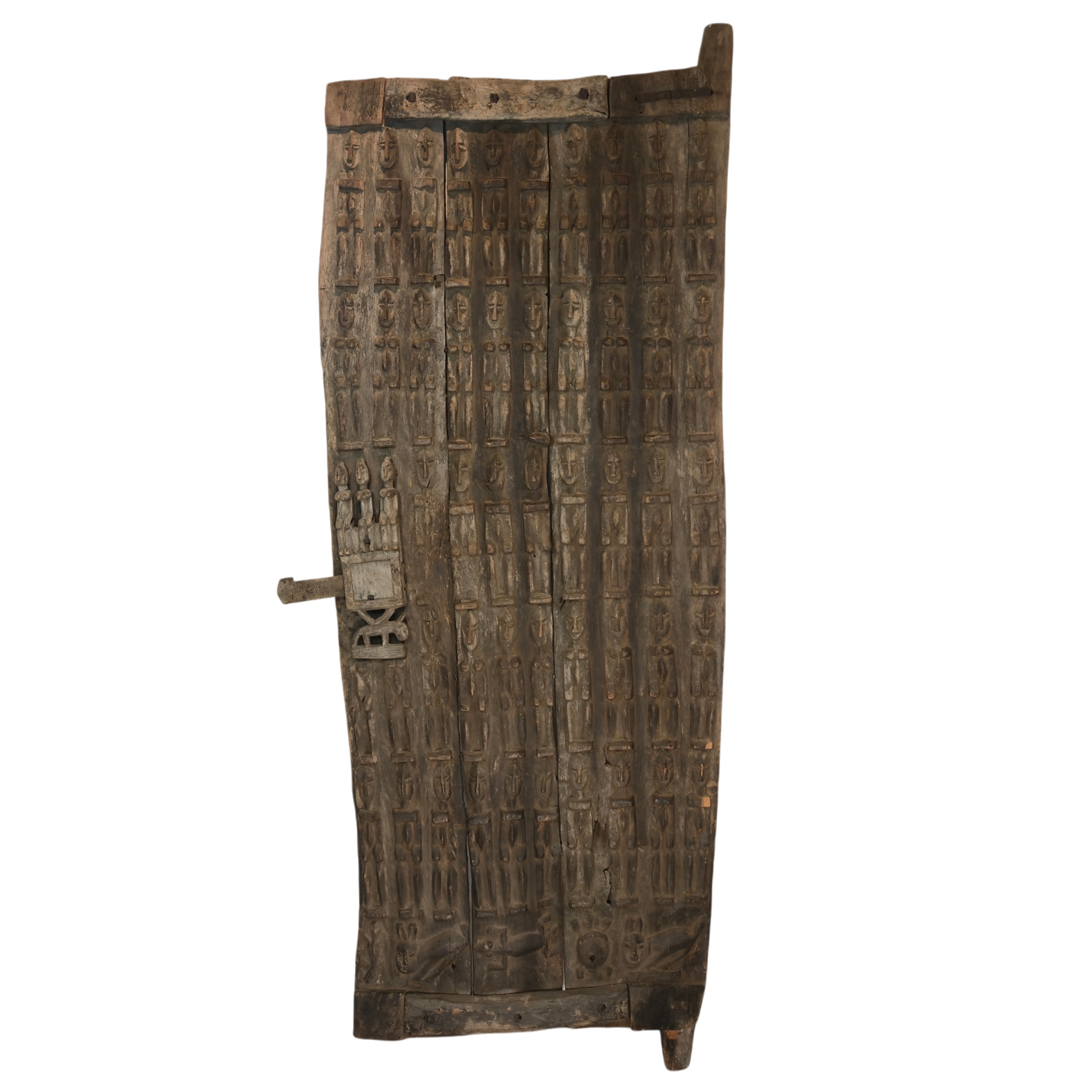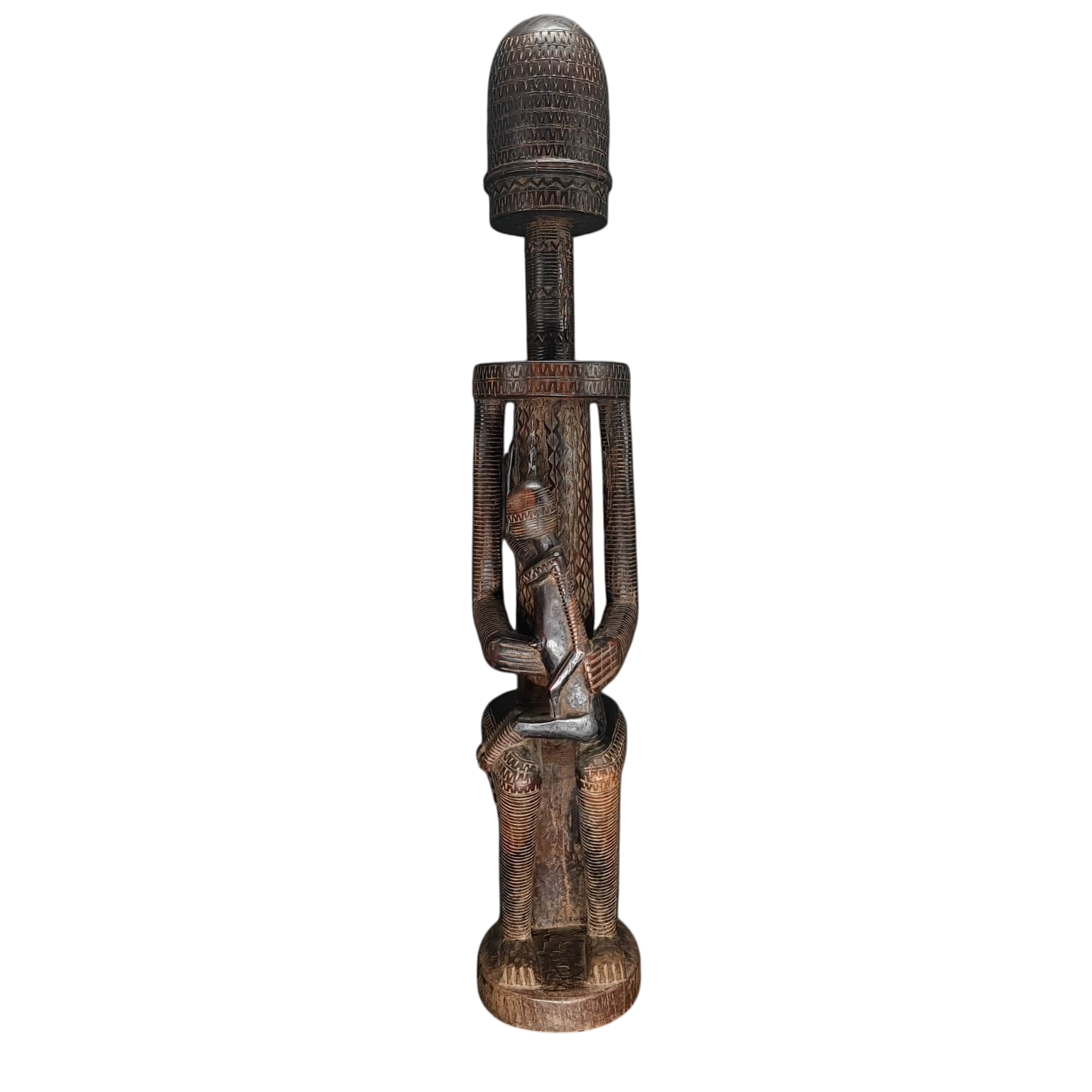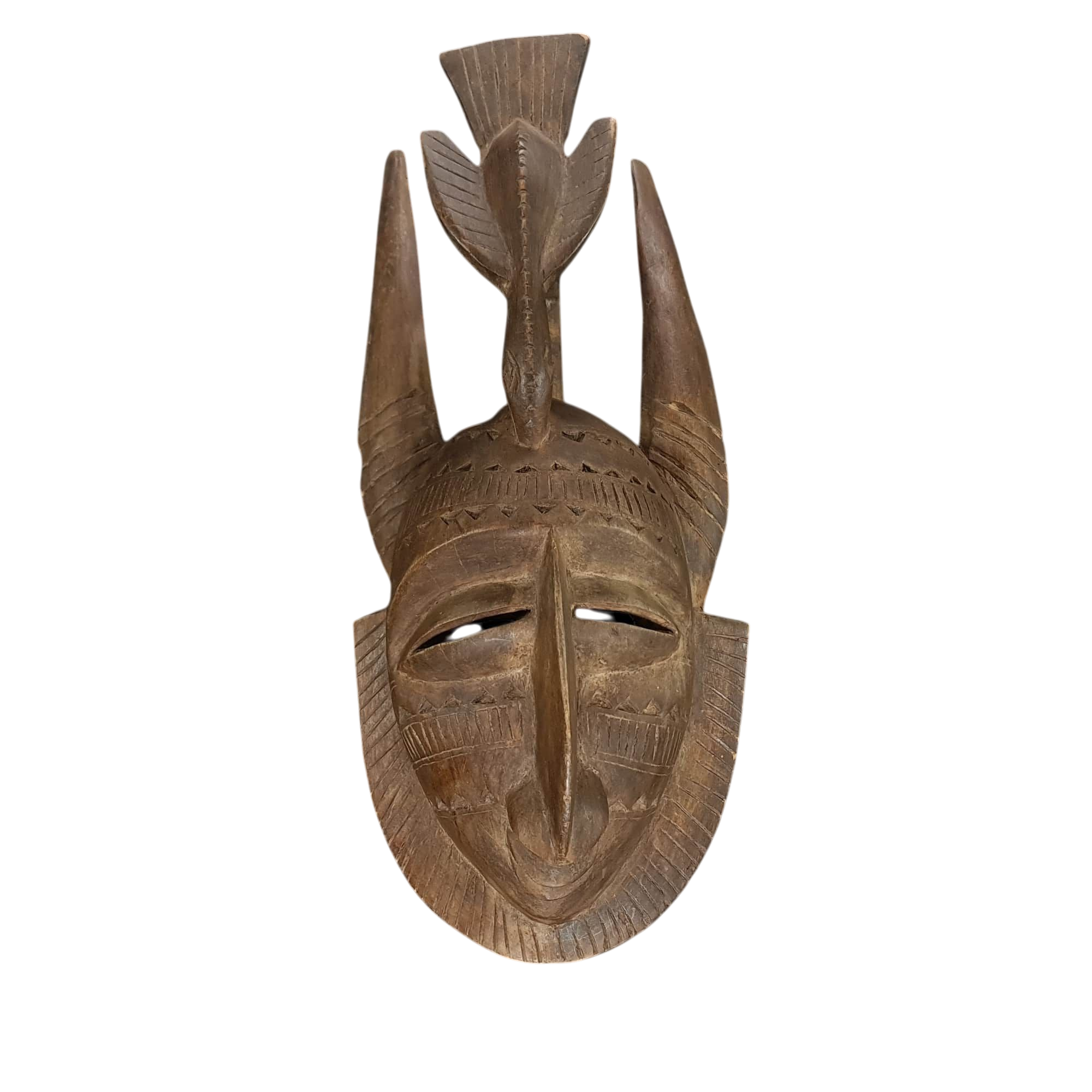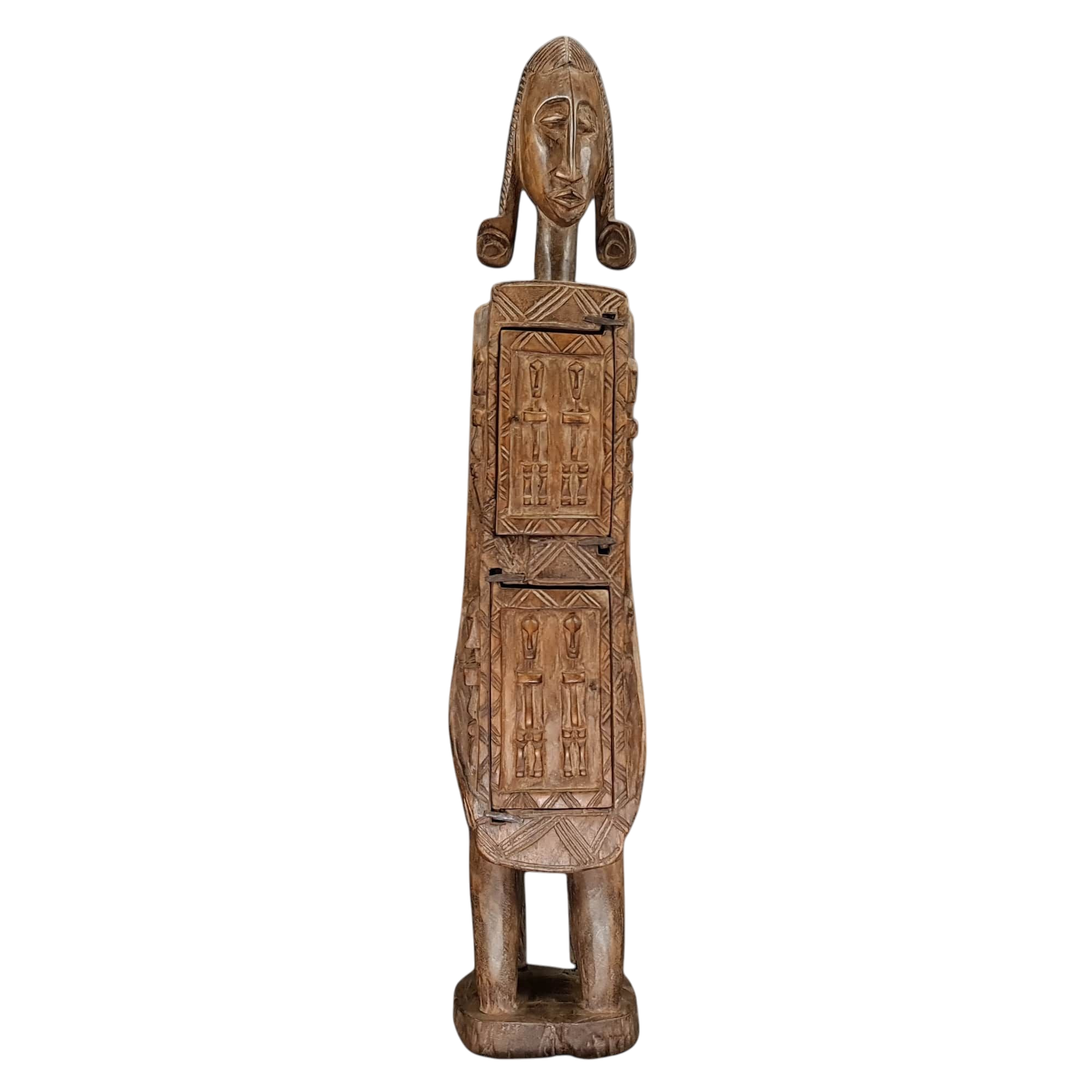The Dogon ethnic group is a group of people mainly living in the Bandiagara region of Mali, in West Africa. The Dogons have a rich and complex history, as well as a unique and distinct culture that has fascinated many researchers and travelers.
The Dogons are mainly farmers and herders, cultivating crops such as millet, sorghum, and corn, and raising livestock. They have an agricultural economy based on terrace farming, which allows them to cultivate in mountainous areas with limited resources.
The Dogons are known for their unique earthen architecture in the region. They build houses, grain barns, and temples using traditional earthen construction techniques. The Dogons are also renowned for their woodcarvings, masks, and textiles.
The traditional religion of the Dogons is based on the worship of ancestors and nature spirits. They believe in a supreme god called Amma, who created the world, as well as minor spirits that represent the forces of nature and ancestors. The Dogons are also known for their knowledge of astronomy, particularly their understanding of the rotation of Sirius B around Sirius A, which was discovered by Western researchers in 1931.
Music and dance are also very important in Dogon culture. They have unique styles of music and dance that are used in celebrations, rituals, and ceremonies.
In summary, the Dogon ethnic group is a West African ethnic group known for their terrace farming, earthen architecture, craftsmanship, traditional religion, knowledge of astronomy, and musical and dancing culture. The Dogons believe in a supreme god and minor spirits, and also practice Islam and Christianity.



